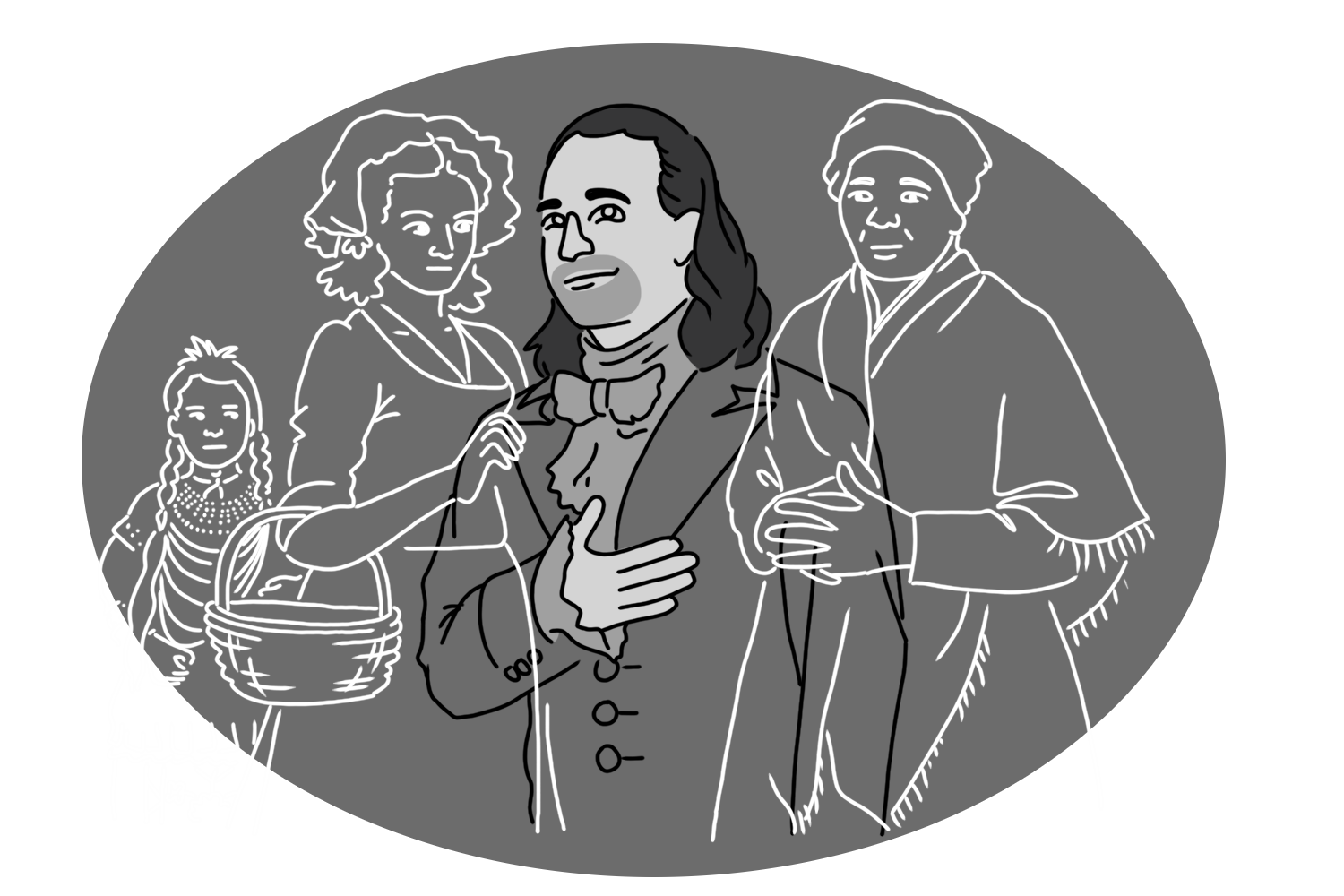
In 2007, Tony Award-winner Lin-Manuel Miranda read author Ron Chernow’s biography about Alexander Hamilton — a book that caused controversy for its revisionist depiction of the first secretary of the treasury. When Miranda read it, he found that the rivalry between Hamilton and Aaron Burr in the revolutionary age mirrored the one between rappers Tupac and Biggie. This comparison inspired him to write a hip-hop musical. Following nine years of writing and collaborating, “Hamilton: An American Musical” premiered off-Broadway on Feb. 16, 2015. It was praised for its portrayal of history through the styles of rap and jazz and having a diverse cast play white historical figures.
In July 2020, a filmed version of “Hamilton” was released on Disney+, resulting in both excitement and critique. Its recent availability on a streaming service coincided with the nationwide Black Lives Matter protests and revitalized a conversation that emerged when “Hamilton” first premiered. It has been noted that despite the fact that cast members of color portray the Founding Fathers, the show neglects Hamilton’s role in slavery and glorifies slaveowners.
For example, certain moments with John Laurens, Hamilton’s friend and avid critic of slavery, seems to imply that Hamilton shared the same views. One prominent moment can be found in the song “Yorktown (The World Turned Upside Down)” when Laurens sings, “We’ll never be free until we end slavery” and Hamilton pats him on the back.
This also seems apparent during the “Cabinet Battle #1” sequence in which Hamilton raps, “A civics lesson from a slaver / Your debts are paid ’cause you don’t pay for labor / We know who’s really doing the planting.”
Despite moments like that, the musical only reveals a fraction of the truth. Hamilton himself did not own enslaved individuals, but his wife Elizabeth Schuyler’s family did. Additionally, according to Harvard professor and historian Annette Gordon-Reed, Hamilton actively partook in the financial dealings of buying and selling enslaved people for the Schuyler family.
Since the musical buried, ignored or failed to even mention such details, Ishmael Reed wrote a play called “The Haunting of Lin-Manuel Miranda,” which was later produced by acclaimed author Toni Morrison. The production weaves a similar tale to that of Charles Dickens’s “A Christmas Carol.” Reed replaces Scrooge with Miranda haunted by the spirits of Harriet Tubman, Native Americans and enslaved Africans, while under the influence of Ambien. Through the aforementioned characters and plot lines, which include George Washington and Thomas Jefferson as well, Reed’s play demonstrates how, in contrast, Miranda’s musical pushes aside much of the U.S.’s dark history.
This is also noted by Gordon-Reed when she critiqued how “Hamilton” misrepresented Jefferson’s relationship with Sally Hemings. Jefferson is introduced as he is returning to Monticello from France in the number “What’d I Miss?”
In one lyric, Jefferson sings, “Sally, would you be a lamb, darling,” which is a reference to Hemings, an enslaved woman and his late-wife’s half-sister. He had a non-consenting sexual relationship with her that began when she was fourteen and resulted in six pregnancies. The use of the word “lamb” is meant to be endearing and add to the feel of the swinging jazz tune. But their relationship is not one that should be seen with fondness; instead, it should be viewed as what it truly was: a reprehensible product of slavery.
Although Miranda has accepted the criticism, he has stated that the issues are the result of compiling many years of history into a two hour and 45-minute musical. This is a poor excuse because there should be no justification for romanticizing history, as it contributes to the misunderstanding of racial injustice.
As a fan of the musical, I believe the controversies within “Hamilton” are worth discussing, given that this country was founded on words it has never honored. It also coincides with our nation’s inability to acknowledge its disgusting past. Miranda wanted his musical to be more inclusive by casting actors of color. Diversity in art is always worth celebrating and should be encouraged; however, not when it comes at the cost of burying the truth.
In both its successes and its flaws, “Hamilton” shows us how our country is like a garden that has come far but desperately still needs to grow. Hopefully, one day we can raise a glass to freedom and ensure justice and respect for all.
Subscribe to the Mossy Log Newsletter
Stay up to date with the goings-on at Lewis & Clark! Get the top stories or your favorite section delivered to your inbox whenever we release a new issue.

Leave a Reply